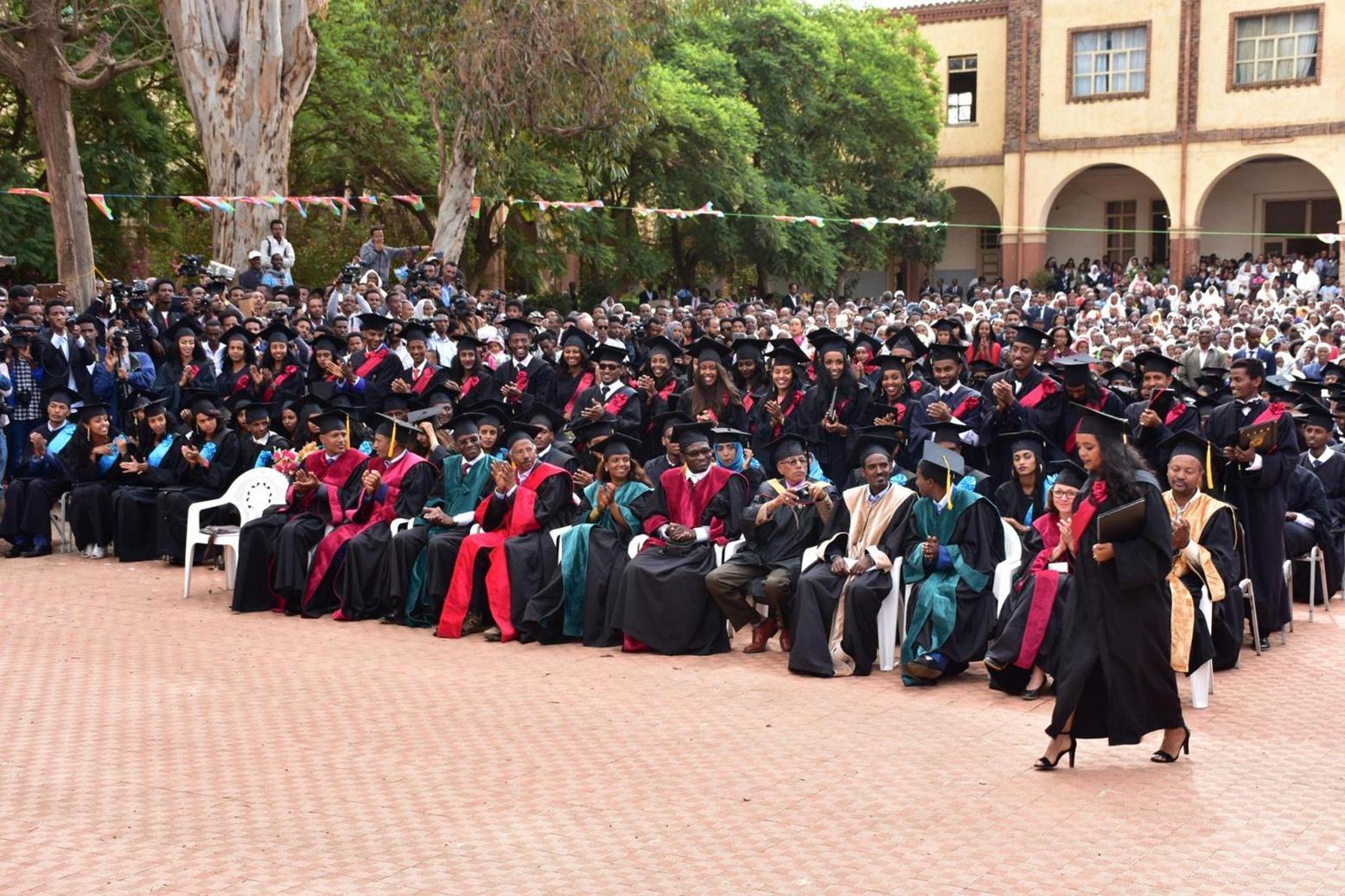Africa-Press – Eritrea. Gender equality is not just one goal but an essential ingredient for achieving all the other United Nations Sustainable Development Goals (SDGs), including ending poverty, hunger, as well as ensuring healthy lives, quality education, economic growth, and promoting peaceful and inclusive societies. Attempting to meet the SDGs without incorporating gender equality will only make success incomplete and unsustainable.
Eritrea has been working to meet the SDGs and has made progress toward gender equality in many areas that help to further each of the remaining SDGs. It has introduced progressive laws and prepared the ground for women where they can have dignified life. The participation of women in all sectors, the attitudinal change on the part of the society regarding gender equality and the government’s commitment have together created a promising condition for women’s empowerment.
Eritrea aims to ensure equitable access to and delivery of education, including higher education for all citizens. This is enshrined in the National Charter of 1994, which states that “education is the foundation of development. To provide equal educational opportunity means to provide equal opportunity for development…. Education is a fundamental right to which every Eritrean is entitled.”
Eritrea has ratified the ILO convention and has always been committed to providing equal opportunities for men and women in training, employment, remuneration and other work-related conditions. Eritrean women now have opportunities to work side by side with men in all fields. They enjoy the same rights in terms of choosing specialization and type of work they do and salaries.
Gender equality in education is a fundamental human right, and the government has been taking major steps to empower women to be equal partners and contributors in the society. Education is a first step in efforts aimed at empowering women, who make up half of the society, so that they could play their significant role in the development of the country. Although much progress has been made at all levels of education, in some places the gender gap still persists.
Eritrea has adopted very progressive policies that provide education free of charge equally to women and men, and achieving gender equality in education remains the focus of attention of the government. Since the restructuring and expansion of tertiary education in 2004, the number of women going to college has increased by several fold.
Education has been described as a great equalizer because it creates an environment that gives equality of opportunity to all participants. Following Eritrea’s independence, a number of schools have been built and girls’ enrolment has increased exponentially, narrowing the gender gap significantly.
There has been a significant increase in the number of secondary schools all over the country. It has increased nationwide from 19 in 1991/1992 to100 secondary schools at present. This has contributed to a rapid increase in girls’ enrollment not only in secondary schools but also colleges. It has enabled girls to stay at school longer and pursue their education.
Records of Warsay Yikealo Secondary School, Sawa, where all Eritrean secondary school students go to complete their twelfth grade and sit for the national secondary school leaving exam, show gender equality at work in secondary schools. Of the twelfth grade students enrolled at the school in the current academic year (2023/2024), girls make up half (49.92%) of the students.
The enrollment of women in Eritrean colleges has risen considerably over the years. For example, in 2009/2010, women constituted 25.62% of the students enrolled in colleges. Since then, the gender gap in higher education has narrowed significantly. In the last academic year (2022/2023), women made up 44.65% of the total number of students in colleges.
It is common knowledge that the value of higher education is immense. It enhances women’s confidence, raises their status in the family and society and, most importantly, heightens their awareness about their rights and their resolve to fight for their rights and to raise the awareness of their fellow women about gender equality.
The number of women studying science, engineering and technology is growing. In the 2022/2023 academic year, 33.87% of the students at the College of Engineering and Technology were female, and the number has risen to 35.7% in the current academic year. Similarly, in the 2022/2023 academic year, women made up 49.45% of the total number of students at the College of Science. Their number has risen yet again in the current academic year, totalling1381 (49.9%), with their male counterparts totaling 1382.
To ensure gender equality, education plays a great role in leveling the ground. It eliminates gender bias and discrimination. Eritrea has come a long way to achieve gender equality in and through education. Of course, work still needs to be done not just to maintain it but to attain further achievements.
For More News And Analysis About Eritrea Follow Africa-Press







